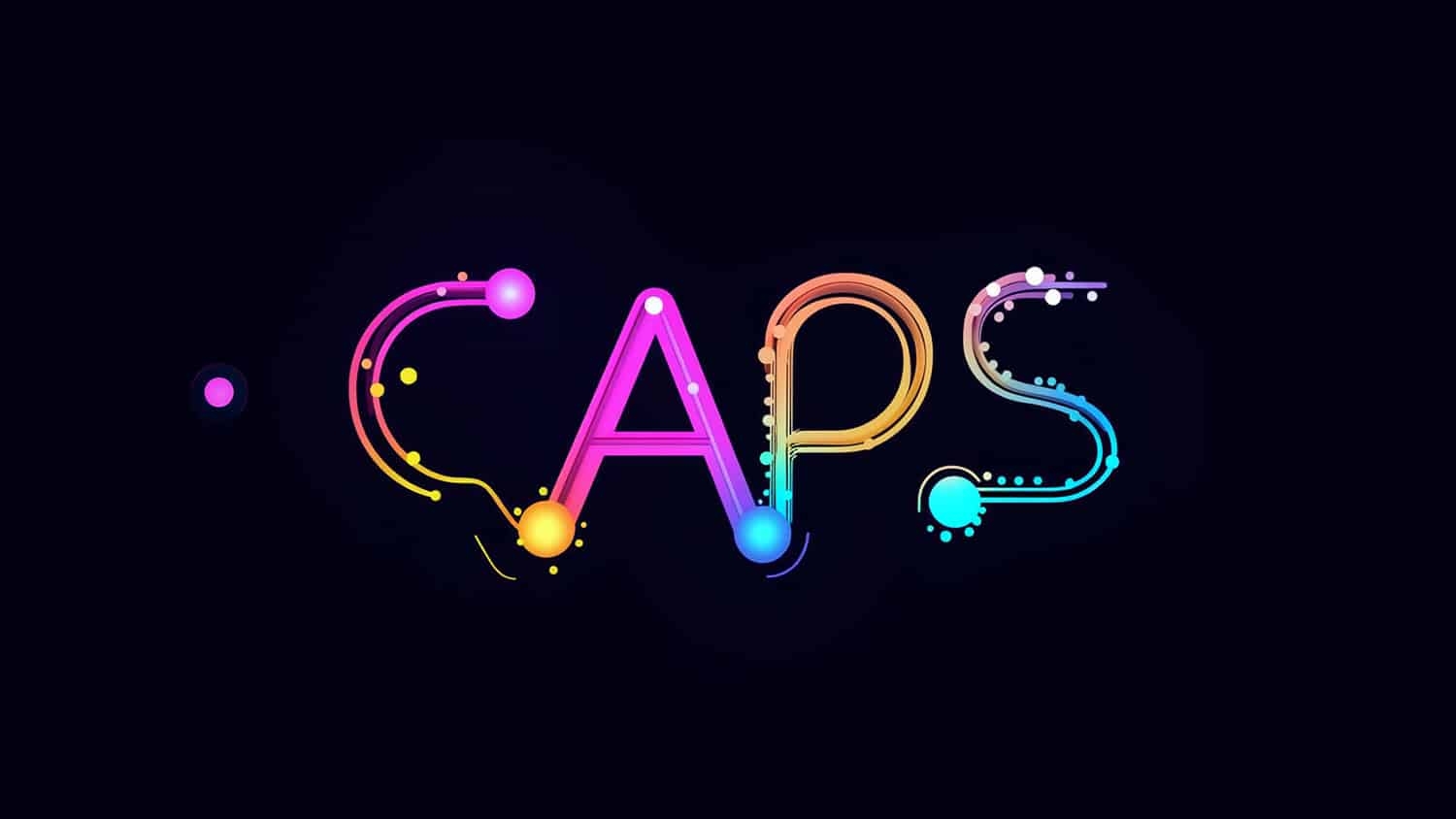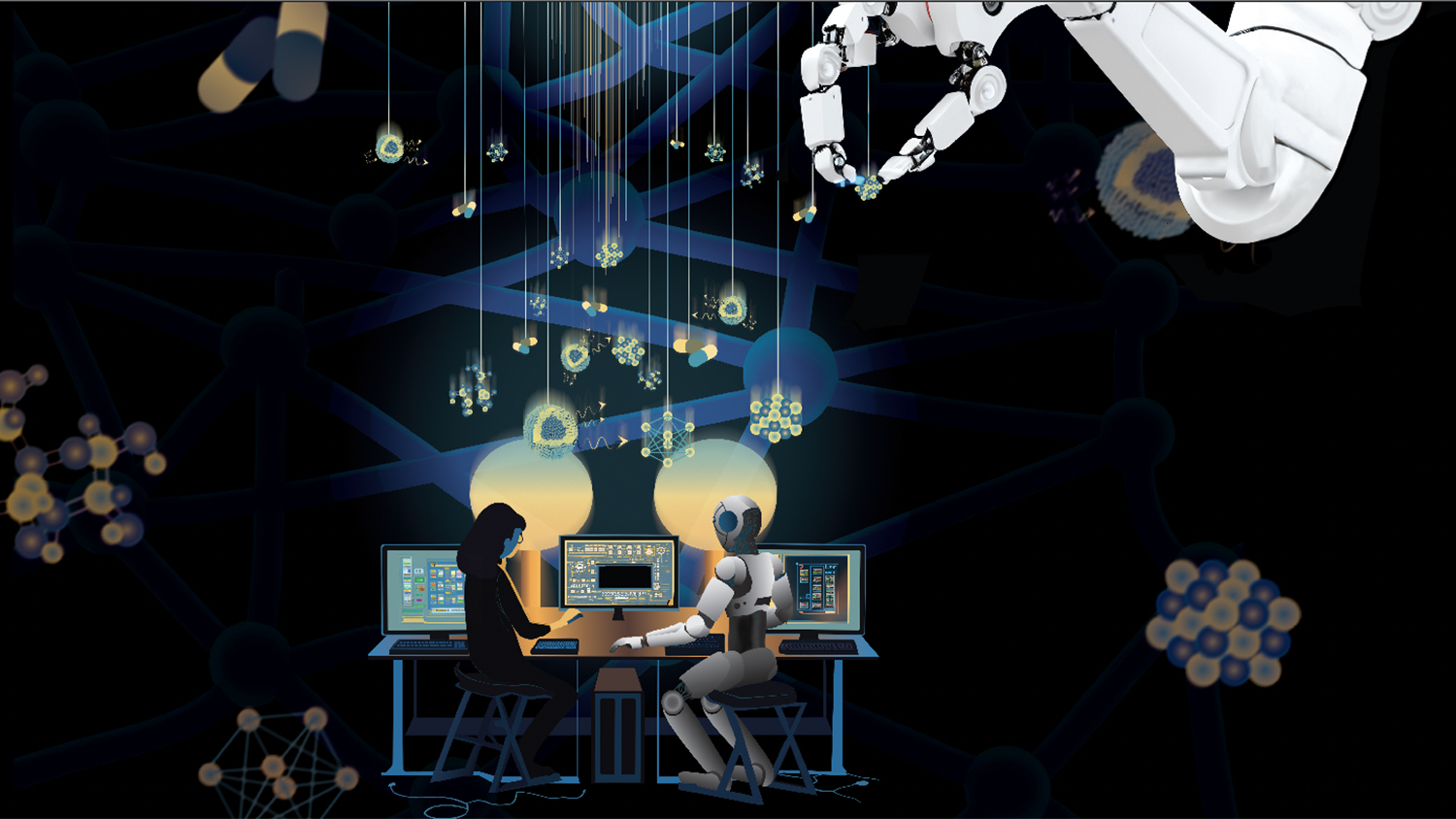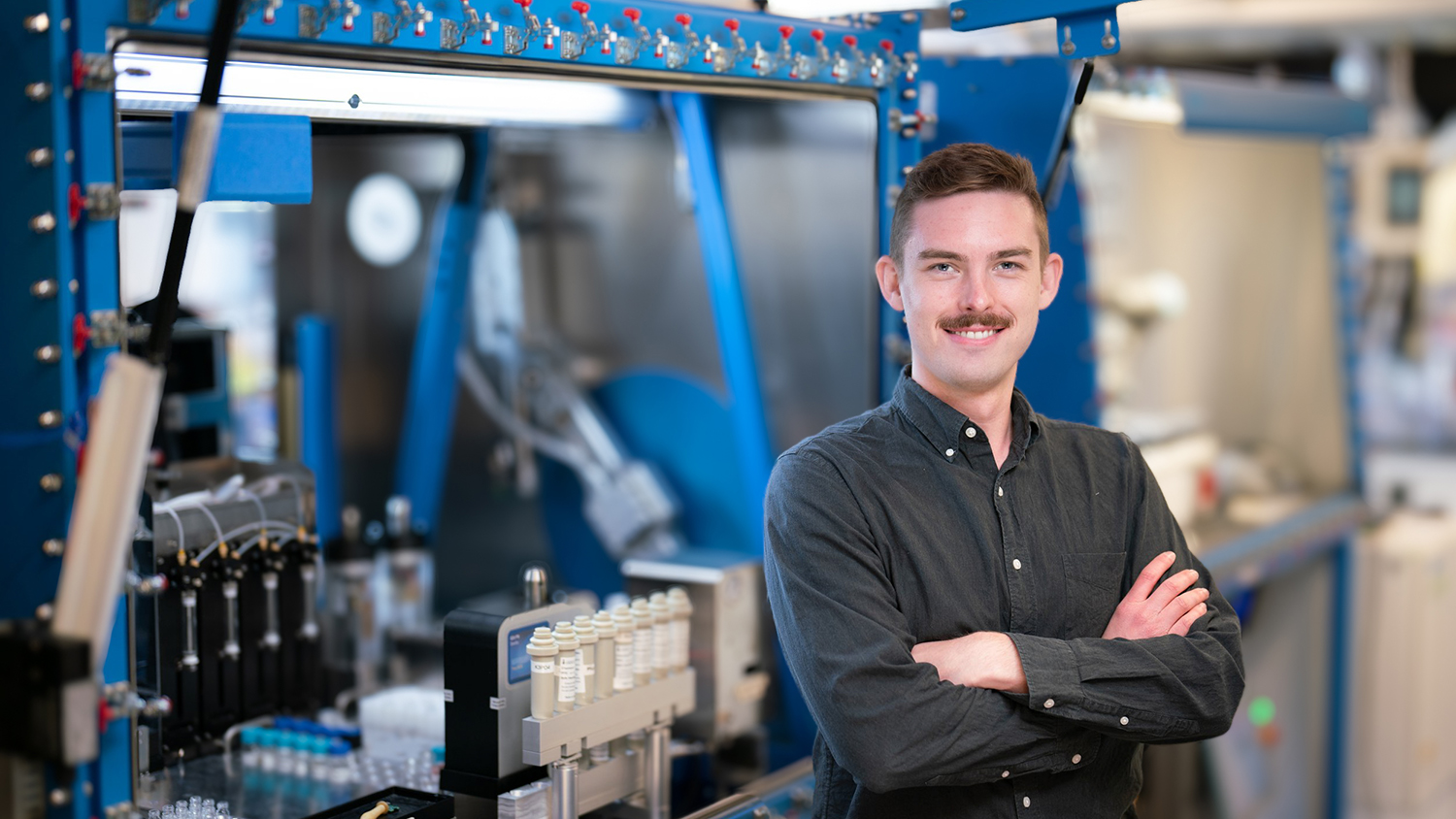self-driving labs (SDLs)

NC State receives NSF grant to establish the Center for Accelerated Photocatalysis

Accelerating discovery

Martin Seifrid wins Scialog Funding for automated laboratories

AI-driven lab speeds catalysis research

Autonomous, self-driving microscope accelerates cellular imaging

Do AI-driven chemistry labs actually work? New metrics promise answers

Accelerating the future of innovation in science and technology

Autonomous lab discovers best-in-class quantum dot in hours; it would have taken humans years
